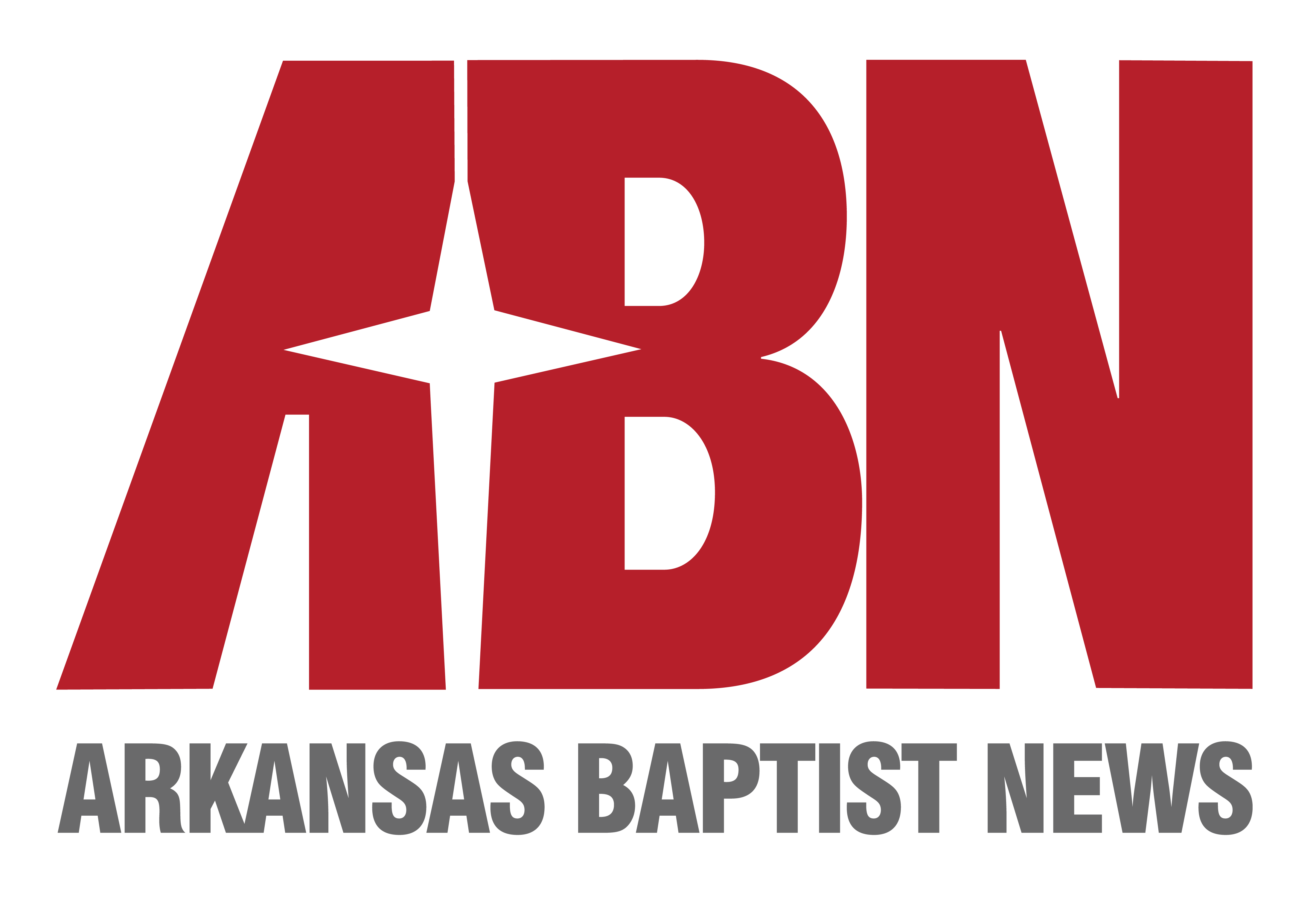Editor’s note: This is the fifth in a series of articles describing “The Williams Way.”
Several of my previous articles briefly presented four characteristics of Williams Ways leaders: Christ-centered purpose; unwavering tenacity; courageous faith; and selfless sacrifice. We at Williams Baptist University believe these traits define biblical leadership and are found among gospel leaders God uses to transform families, communities, cultures, and our world.
The final trait of a Williams Way leader is vocational service. Vocational service is the idea that Christ’s followers serve God through our vocation – our work. God uses His people to lead through their work. When understood this way, work becomes a God-called vocation – an opportunity for service and ministry. God uses His people to transform the places where He leads us, and more often than not, work becomes the platform for transformational leadership.
In Matthew 9;35-38, Jesus teaches on the importance of His workers – Gospel leaders – serving the Lord in His harvest:
Jesus continued going around to all the towns and villages, teaching in their synagogues, preaching the good news of the kingdom, and healing every disease and every sickness. When he saw the crowds, he felt compassion for them, because they were distressed and dejected, like sheep without a shepherd. Then he said to his disciples, “The harvest is abundant, but the workers are few. Therefore, pray to the Lord of the harvest to send out workers into his harvest.”
Whenever we read Jesus’ words about “workers for the harvest,” we typically think of clergy – pastors, worship leaders, evangelists, missionaries, etc. For those of us heavily involved in church life, this often is our default – to think of “harvest workers” as those called by God for vocational, church-focused ministry. In many ways, this is a correct assumption – those serving in vocational ministry ought to be called by God to serve as workers for the Lord’s harvest.
However, I also believe that “harvest workers” can include, and I would contend must include, farmers, bankers, doctors, construction workers, stay-at-home mothers, app developers, teachers, engineers, attorneys, graphic artists, CPAs, factory workers, auto mechanics, musicians, nurses, coaches, and so on. The Lord’s admonition is that the abundant harvest requires the preparation of men and women to serve in all venues of our world with a biblically grounded, Christ-centered worldview, equipped for Gospel ministry in the particular harvest where God has sent them.
Many of those used greatly by God throughout human history are men and women whose ministries were expressed in the harvest of the culture: education, politics, business, healthcare, entertainment/media/sports, etc. These areas are harvests, ripe and ready for God-called and prepared workers to serve our Lord in Gospel ministry.
The Bible is filled with examples of God-equipped leaders involved in the harvest work of the marketplace. The patriarch Abraham raised and sold livestock. Joseph’s vocation was essentially a political leader whose primary duties included leadership and supervision of economic development initiatives. David’s jobs included being a shepherd, a soldier/military leader, and eventually king over the nation of Israel.
Other examples include Nehemiah (city administrator and planner); Daniel (political official and advisor in the Babylonian court); Esther (queen of a nation and political leader); Amos (prophet, rancher, orchardist); Luke (physician); Simon Peter (commercial fisherman); and Lydia (manufacturer of textiles). The Bible gives honor and recognition to craftsmen, notably Bezalel, who used his gifts in the construction of the temple.
God Himself models for us the value He places on the work of our hands. In the Old Testament, our God plants and tends a garden. In the New Testament, our Lord works as a carpenter.
The types of work represented by these biblical teachings underscore the truth that the blue-collar worker and the white-collar worker both have work valued by God and both work in fields of ministry, ripe for harvest. We clearly see the value the Bible places upon men and women serving the Lord in their vocations. Whether it is the “work of the head” or the “work of the hand,” the Bible stresses the importance and value of work for God’s people.
The legacy and ongoing mission of Williams Baptist University is to train leaders for Gospel ministry in all venues of our world. We were founded to teach and train Gospel leaders for work in the local church. We were also founded to teach and train men and women to be Gospel leaders in their marketplace vocations. WBU exists to train all types of workers for all types of harvests in all types of fields. Jesus declared that the harvest is ripe, ready for workers. As followers of Jesus, we all have a calling to lead in our work. As followers of Jesus, we all have a harvest in which to work.
Vocational service means that God transforms our jobs into vocations and opportunities for Gospel service. We prepare leaders to lead and minister in our vocations. This is the Williams Way!

